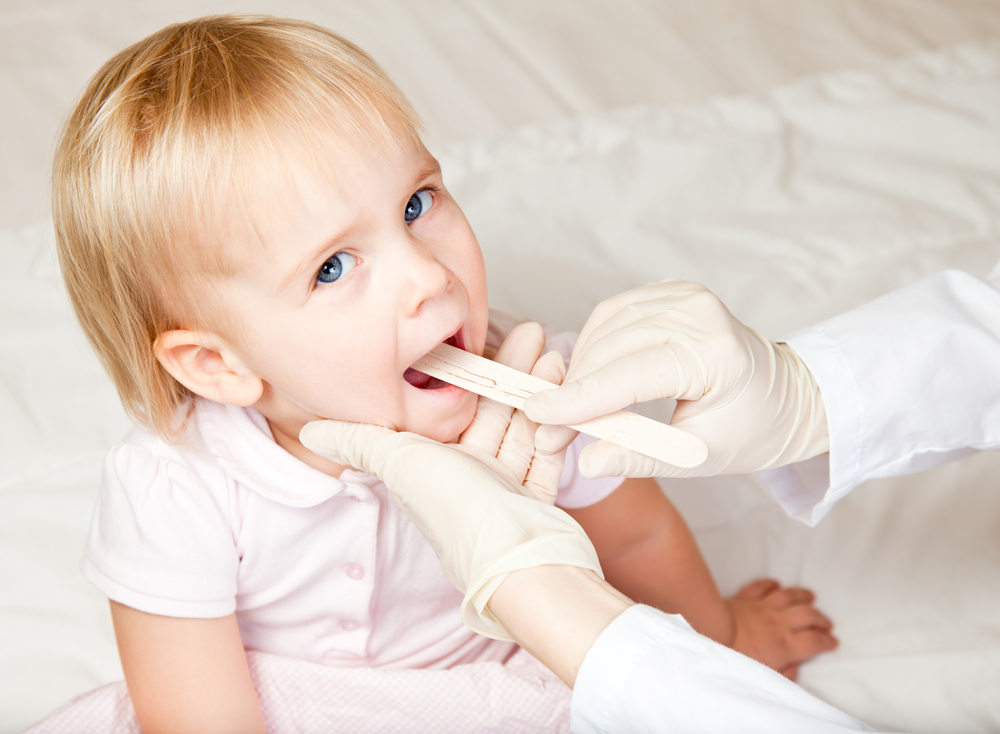Vomiting, seizure, bodily weakness, slurred speech, difficulty in standing or walking, poor coordination and headaches are some of the critical brain tumour symptoms in children.
A tumour refers to the unhealthy growth of tissues in a certain part of the body. It is important to know that not all tumours are cancerous. Only malignant tumours are cancerous, which can be identified through certain medical procedures. One might think that children are not susceptible to tumours or any other serious body issue, but that is just ignorance. More and more children suffer from life threatening diseases, including tumours. So, it is extremely important to identify critical brain tumour symptoms in children.
In this article, we will discuss seven critical brain tumour symptoms in children. This will be done so as to ensure that in case such an unfortunate things happens to your child, you can timely identify the symptoms and begin the treatment accordingly. Read on to find out how to effortlessly identify critical brain tumour symptoms in children-
7 Must Know Critical Brain Tumour Symptoms in Children
Vomiting
Vomiting is a harmless indication of indigestion or a general malady in most cases. But if you see your child constantly puking for a week or two, without any specific reason, then it might be an indication of an unhealthy growth of tissues in your child’s brain. It is important to take this symptom extremely seriously and not delay the treatment at any cost.
Seizures
Seizure refers to an electrical activity in the brain, which results in physical convulsions and other bodily symptoms for a brief period of time. The brain activity changes during a seizure, which results in the brain sending mixed signals to the body, thus the physical convulsions. If you see your child having seizures at an alarming rate, maybe it is either a critical brain tumour symptom, or a symptom of epilepsy.
Bodily weakness
Bodily weakness can happen due to a number of non-harmful reasons like exhaustion, working too much of general maladies like fever and cough and cold. However, if your child repeatedly complains of weakness in the legs and arms, or in the body, then it is time to consult a neuro-surgeon and find out if this is a critical brain tumour symptom.
Slurred speech
Another common brain cancer symptom is slurred or stuttering speech. Language problems such as stuttering, difficulty naming objects or understanding what others are saying are key symptoms of a tumour in the frontal or temporal lobes, areas of the brain associated with motor function of speech and language comprehension. There are two speech centres in the brain that are located on the left side- Wernicke’s area, which allows us to understand and comprehend speech, and Broca’s area, which activates the muscles that create sound. When a tumour is present in the brain, both abilities are often obstructed. If you see your child speaking in a slurred way, perhaps it is too dangerous to ignore it.
Difficulty in standing or walking
Again, a lot of children face difficulty in walking or standing due to other issues that are not related to brain tumour, such as some bone disease or some other disease. However, it is important to note that certain tumours in the brain can also control walking and standing, so if you see that this problem is persistent in your child, then it is high time to see a doctor.
Read More: 21 Foods for Maintaining Your Bone Health and Prevent Bone Loss
Poor coordination
One of the many areas where the brainstem plays a vital role is with motor function. If you start to find walking difficult, especially in the dark, and you tend to lean toward one side, this can be a brain cancer symptom caused by tumours in the cerebellum, the area of the brain responsible for balance and coordination. Balance issues are also a silent symptom of multiple sclerosis. If you see signs of such poor coordination between the brain and the body in your kid, then you have to be extremely cautious and spare no time to detect the disease and then start the consequent treatment.
Headache
It can be very difficult for even doctors to tell the difference between headaches (or full-on migraines) caused by brain tumors and those resulting from other reasons. The best indicator is a new daily headache that won’t seem to go away. These headaches tend to get worse over time and are often present when your child wakes up in the morning, when intracranial pressure is high from lying in bed for hour-long periods of time. So, if your child has such persistent headaches, immediately consult a doctor.
Critical brain tumour symptoms in children are not too difficult to ignore. You just have to be vigilant and observant all the time. This is extremely important in order to correctly identify the symptoms at home and quickly start the treatment as soon as possible.













